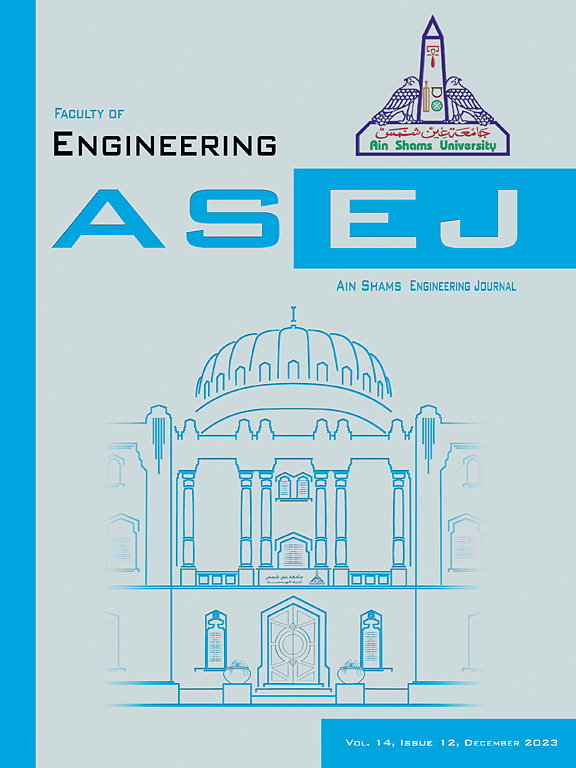Toward delay mitigation in Iraqi construction projects: Evaluating the causes and the implications
IF 5.9
2区 工程技术
Q1 ENGINEERING, MULTIDISCIPLINARY
引用次数: 0
Abstract
Construction projects in Iraq often experience delays due to political instability, economic constraints, and administrative inefficiencies. While several studies have identified the causes of these delays, a comprehensive analysis evaluating their significance and broader implications is lacking. This study addresses this gap by analyzing 74 delay causes and 9 implications using the Relative Importance Index and Cronbach’s alpha. The results show that 59% of the causes are major, with incompetent contractors ranked highest, while 41% are minor. The causes were categorized into nine groups, with owner-related issues being the most significant. The implications were ranked, with quality reduction, time and cost overruns, and declining public trust in the government at the top. Other impacts include psychological stress among citizens, disputes, litigation, total abandonment, and arbitration. This study provides a prioritization framework and practical recommendations for delay mitigation in Iraq and serves as a reference for other post-conflict or developing regions.
减少伊拉克建筑项目延误:评价原因和影响
由于政治不稳定、经济限制和行政效率低下,伊拉克的建设项目经常出现延误。虽然一些研究已经确定了这些延误的原因,但缺乏评估其重要性和更广泛影响的全面分析。本研究通过使用相对重要性指数和Cronbach 's alpha分析74个延迟原因和9个影响来解决这一差距。结果显示,59%的原因是主要原因,其中不称职的承包商排名最高,41%的原因是次要原因。这些原因被分为九类,其中与业主有关的问题是最重要的。对这些问题的影响进行了排序,其中质量下降、时间和成本超支以及公众对政府的信任度下降排在最前面。其他影响包括公民的心理压力、纠纷、诉讼、完全放弃和仲裁。本研究为在伊拉克减少延误提供了优先次序框架和实际建议,并可作为其他冲突后地区或发展中地区的参考。
本文章由计算机程序翻译,如有差异,请以英文原文为准。
求助全文
约1分钟内获得全文
求助全文
来源期刊

Ain Shams Engineering Journal
Engineering-General Engineering
CiteScore
10.80
自引率
13.30%
发文量
441
审稿时长
49 weeks
期刊介绍:
in Shams Engineering Journal is an international journal devoted to publication of peer reviewed original high-quality research papers and review papers in both traditional topics and those of emerging science and technology. Areas of both theoretical and fundamental interest as well as those concerning industrial applications, emerging instrumental techniques and those which have some practical application to an aspect of human endeavor, such as the preservation of the environment, health, waste disposal are welcome. The overall focus is on original and rigorous scientific research results which have generic significance.
Ain Shams Engineering Journal focuses upon aspects of mechanical engineering, electrical engineering, civil engineering, chemical engineering, petroleum engineering, environmental engineering, architectural and urban planning engineering. Papers in which knowledge from other disciplines is integrated with engineering are especially welcome like nanotechnology, material sciences, and computational methods as well as applied basic sciences: engineering mathematics, physics and chemistry.
 求助内容:
求助内容: 应助结果提醒方式:
应助结果提醒方式:


